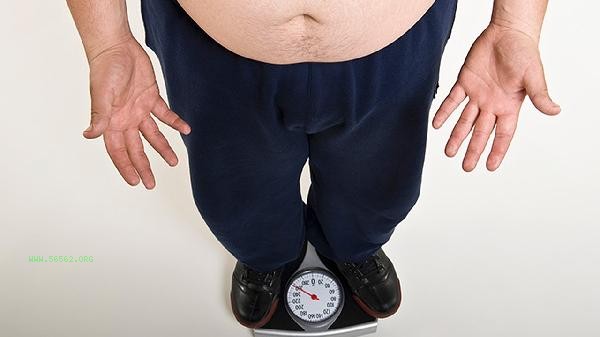Dieting to lose weight usually results in rapid weight loss after 3-5 days, and the actual effect is influenced by factors such as basal metabolic rate, water loss, dietary structure, exercise coordination, and individual differences.

1. Water loss:
The initial weight loss is mainly due to water loss. Reducing carbohydrate intake can lead to depletion of glycogen reserves, with each gram of glycogen binding 3-4 grams of water, potentially resulting in a weight loss of 2-3 kilograms in the first 3 days. However, it should be noted that this is not a reduction in fat, excessive restriction of water intake may lead to dehydration.
2. Basic metabolic adjustment: After continuous dieting for 5-7 days, the body activates metabolic protection mechanisms, reducing the basal metabolic rate by 10-15%. At this point, the rate of weight loss slows down and there may be a plateau period. It is recommended to maintain metabolic levels through intermittent diet or increasing protein intake.
3. Muscle breakdown risk: After 7 days of extreme dieting, the protein supply ratio increases to 15-20%, and muscle loss accelerates. When the daily intake is less than 800 calories, 0.5-1 kilogram of muscle tissue may be lost per week, which may actually reduce long-term fat loss efficiency.
4. Hormonal level fluctuations: After 2 weeks of continuous dieting, leptin levels decrease by 40-50% and ghrelin levels increase by 30%, which can easily lead to binge eating tendencies. Women may experience menstrual disorders and decreased testosterone levels in men, requiring timely adjustment of dietary patterns.

5. Individual differences:
Individuals with a larger weight base may lose 5-8 kilograms in the first two weeks, while those with a smaller base may lose about 2-3 kilograms. People with metabolic abnormalities such as hyperthyroidism and polycystic ovary syndrome may experience abnormally rapid weight loss and require medical monitoring.
It is recommended to adopt a stepped calorie control approach, reducing 300-500 calories per day in the initial stage, and combining resistance training to preserve muscles. Losing no more than 1% of total weight per week can reduce the risk of rebound. Increase the intake of green leafy vegetables and high-quality protein, and supplement with complex vitamins. If there are signs of dizziness, amenorrhea, etc., extreme dieting should be stopped immediately and a balanced diet combined with aerobic exercise should be switched to. Long term healthy weight loss requires establishing sustainable dietary habits, rather than short-term extreme restrictions.





Comments (0)
Leave a Comment
No comments yet
Be the first to share your thoughts!